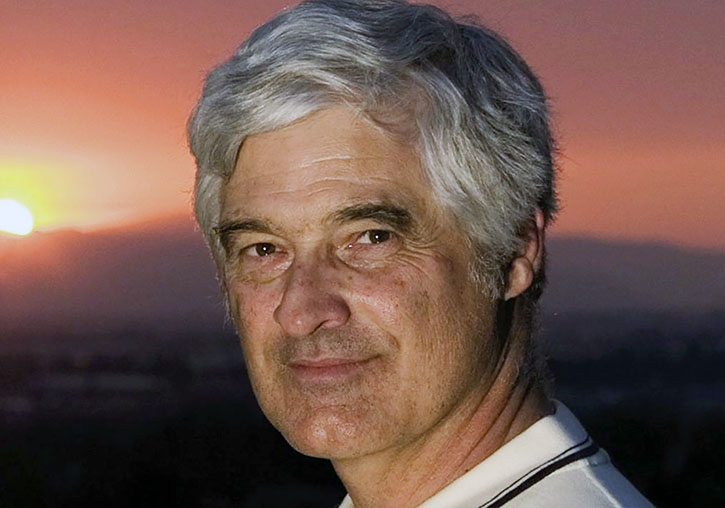
The scientist Steve Running will give an informative talk with the title ‘Is global NPP a planetary boundary for the terrestrial biosphere?’ about the climate change and its impact on politics an economy, on the basis of the analysis of the net primary production (NPP) as a threshold for the stability of the Earth system. It will take place on Tuesday at 12:00 in Salon de Actos of the Institutes of the Science Park.
The planetary boundaries form a conceptual framework that assesses the state of different processes that are fundamental to the stability of the Earth system and suggests a series of thresholds within which the planet is habitable.
Throughout his speech, Running will raise the idea that the NPP and the terrestrial carbon cycle could form one more planetary boundary, because they are factors that sustain the global food and fuel networks and because they integrate aspects of several of the currently defined planetary boundaries: land use change, fresh water use, biodiversity loss or phosphorus cycles. Today, the continuous monitoring of the NPP with satellite images allows quantifying more precisely which fraction of the Earth's biosphere is affected by human intervention in converting natural ecosystems into cities, bioenergy, or agricultural land. That unleashes debate on in which moment humanity will surpass the planetary boundary.
Steven W. Running is emeritus professor of Ecology in the Department of Forestry and Conservation of the University of Montana (USA) and director of Numerical Terradynamic Simulation Group (NTSG) of the same institution. His main line of research is based on the development of biogeochemical models combining satellite images, bioclimatology and terrestrial ecology.
Running is part of the NASA team for the observation of the Earth, from where he develops models based on data from sensors MODIS (Moderate Resolution Imaging Spectroradiometer) on board the satellites Terra and Aqua. He is in particularly responsible for the development and the maintenance of MODIS operational products for the estimation of the photosynthesis and the evapotranspiration of the vegetation at a planetary scale.
He has been part of several national and international committees, and he is currently counsellor in NASA for Earth science and in the work team of the National Oceanic and Atmospheric Administration (NOAA).
Running was co-author of the fourth report about the Climate Change of the Intergovernmental Panel on Climate Change (IPCC), body awarded with the Nobel Peace Prize in 2007.
Organised by the Image and Signal Processing Group (ISP) of the Image Processing Laboratory (IPL) of the Universitat de València, the conference will be held on Tuesday 10 March at 12:00 in the Salón de Actos of the Institutes building in the Science Park. The entrance is free.















